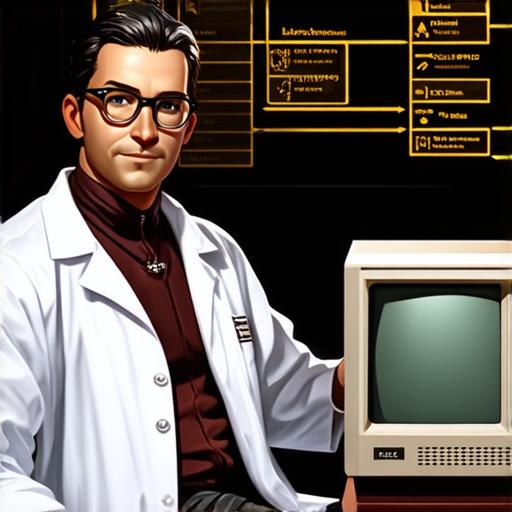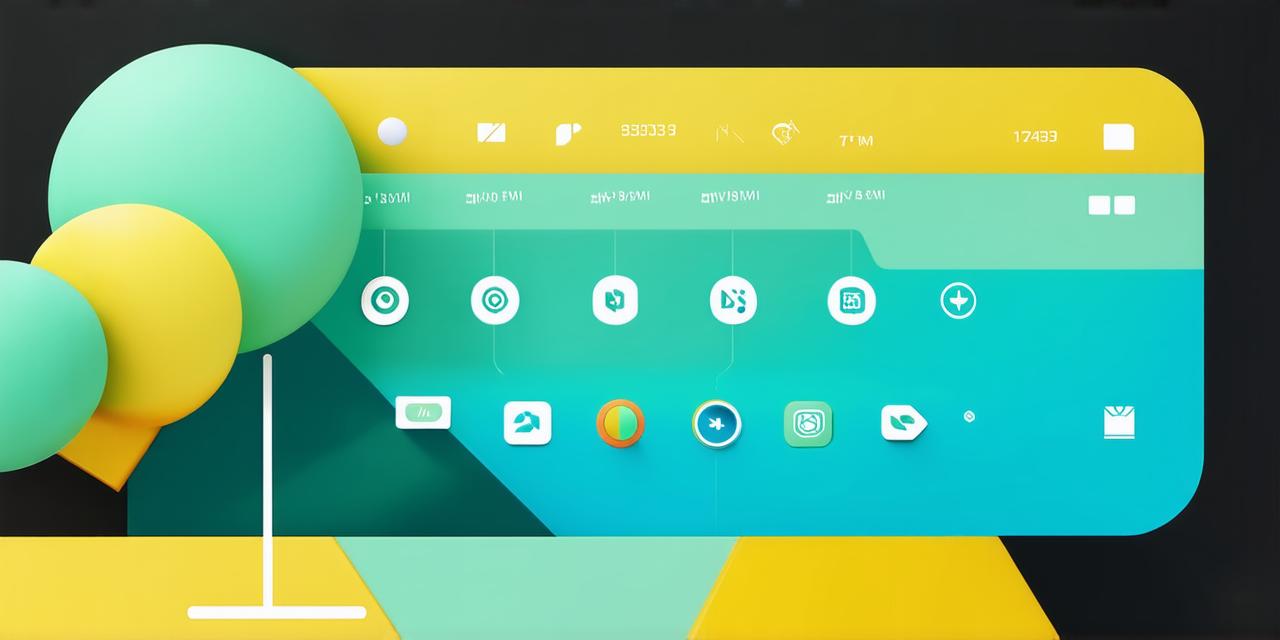When did applications first start?
Introduction
In recent years, mobile applications have become an integral part of our daily lives. From ordering food to tracking fitness and staying connected with friends and family, apps have made it possible for us to do things we never thought possible on the go.
The Early Days of Mobile Applications
Mobile applications can be traced back to 1963 when Martin Cooper of Motorola made the first cell phone call. However, it took several decades for mobile apps to become a reality.
In the early days, mobile phones were primarily used for business purposes and were not equipped with the capabilities needed to run apps.
The Emergence of Feature Phones
The emergence of feature phones in the 1980s marked a turning point in the history of mobile applications. These phones had more advanced features than their predecessors, including text messaging, voice mail, and simple games.
The Launch of Smartphones
The launch of smartphones in the early 2000s marked the beginning of the modern mobile application era. These phones had more advanced capabilities than feature phones, including touchscreens, high-speed internet, and powerful processors.
In 2007, Apple launched the first iPhone, which revolutionized the smartphone industry by introducing a multi-touch interface and a range of built-in apps like iPod, Safari, and Mail.
The App Store Revolution
The launch of the Apple App Store in 2008 marked a watershed moment in the history of mobile applications. This platform allowed developers to create and distribute apps for the iPhone and other iOS devices, leading to an explosion of innovation and creativity.
Within months of its launch, there were already thousands of apps available, covering everything from gaming to productivity to social networking.
The Emergence of Android
The emergence of Android as a major player in the mobile application market was also a key factor in shaping the future of mobile apps. Google launched Android in 2008 as an open-source operating system that could be customized by manufacturers and developers.
Today, Android is the most widely used mobile operating system in the world, with billions of active devices running on it.
The Rise of Mobile Commerce
The rise of mobile commerce has also been a major factor in shaping the future of mobile applications. With the widespread adoption of smartphones and mobile payment systems, consumers can now make purchases from anywhere at any time.
In fact, mobile commerce is expected to reach $2.3 trillion by 2021.
The Impact of Mobile Applications on Our Lives
Mobile applications have had a profound impact on our lives in recent years. They have made it possible for us to do things we never thought possible on the go, from ordering food to tracking fitness and staying connected with friends and family.
They have also revolutionized industries like e-commerce, healthcare, and transportation.
The Importance of Mobile Applications for Businesses

For businesses, mobile applications are a crucial tool for reaching customers and driving growth. With more people using mobile devices than ever before, it’s essential for businesses to have a strong mobile presence in order to stay competitive.
In fact, 60% of consumers say they prefer to shop on their mobile devices rather than on a computer or in a physical store.
The Role of Social Media in Mobile Applications
Social media has also played a significant role in the development and success of mobile applications. Many apps are designed to be shared on social media platforms, and social media can be used to promote and market apps to potential users.
Many apps incorporate social media features, such as the ability to share content or connect with friends and followers.
The Future of Mobile Applications
As technology continues to evolve, it’s exciting to imagine what the future of mobile applications will bring. With the increasing popularity of wearable devices and the Internet of Things (IoT), we can expect more apps that are designed to be used across multiple devices and platforms.
Artificial intelligence and machine learning are also likely to play a major role in shaping the future of mobile applications, as they allow apps to become more personalized and intuitive over time.
FAQs
When was the first mobile application launched?
The first mobile application was launched in 1963 by Martin Cooper of Motorola.
What were the early days of mobile applications like?
In the early days, mobile phones were primarily used for business purposes and were not equipped with the capabilities needed to run apps.
When were smartphones first launched?
The first smartphone, the iPhone, was launched by Apple in 2007.
What role do app developers play in shaping the future of mobile applications?
App developers are responsible for creating the apps that make our lives easier and more efficient. They play a critical role in shaping the future of mobile applications.
How has social media impacted the development and success of mobile applications?
Social media has played a significant role in the development and success of mobile applications, as many apps are designed to be shared on social media platforms and incorporate social media features.
The Future of Mobile Applications
As technology continues to evolve, it’s exciting to imagine what the future of mobile applications will bring. With the increasing popularity of wearable devices and the Internet of Things (IoT), we can expect more apps that are designed to be used across multiple devices and platforms.
Artificial intelligence and machine learning are also likely to play a major role in shaping the future of mobile applications, as they allow apps to become more personalized and intuitive over time.
